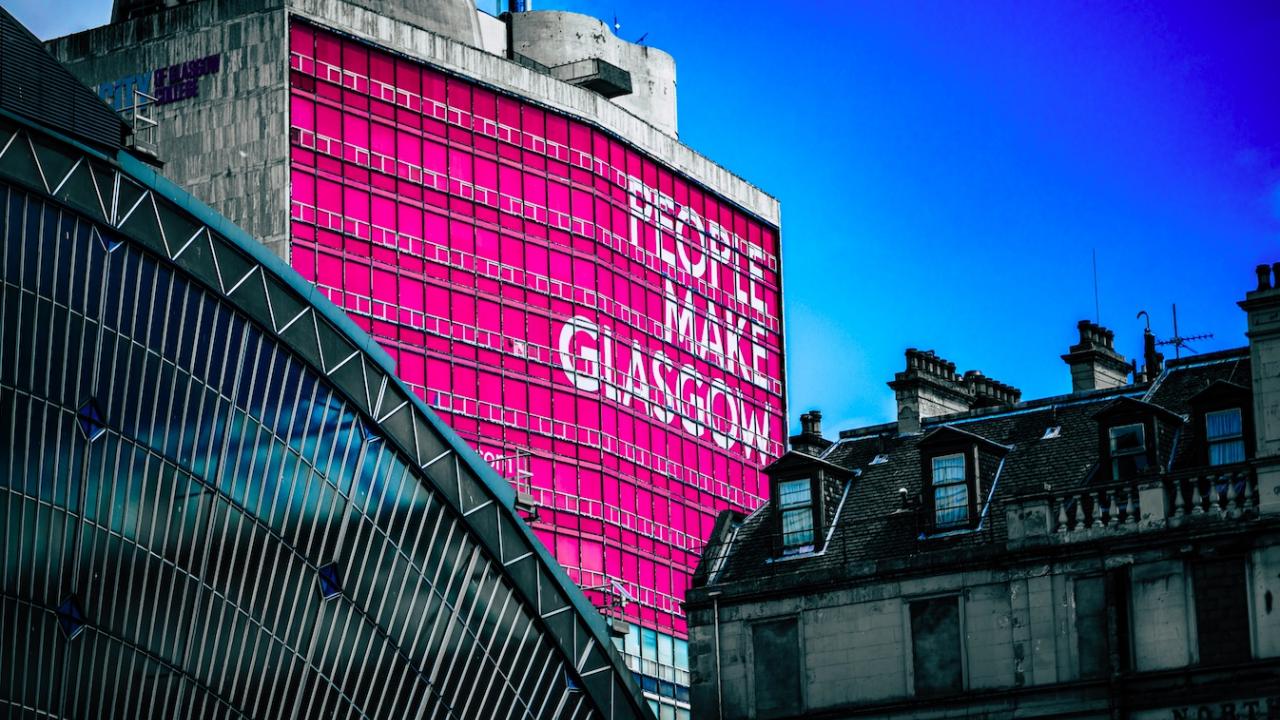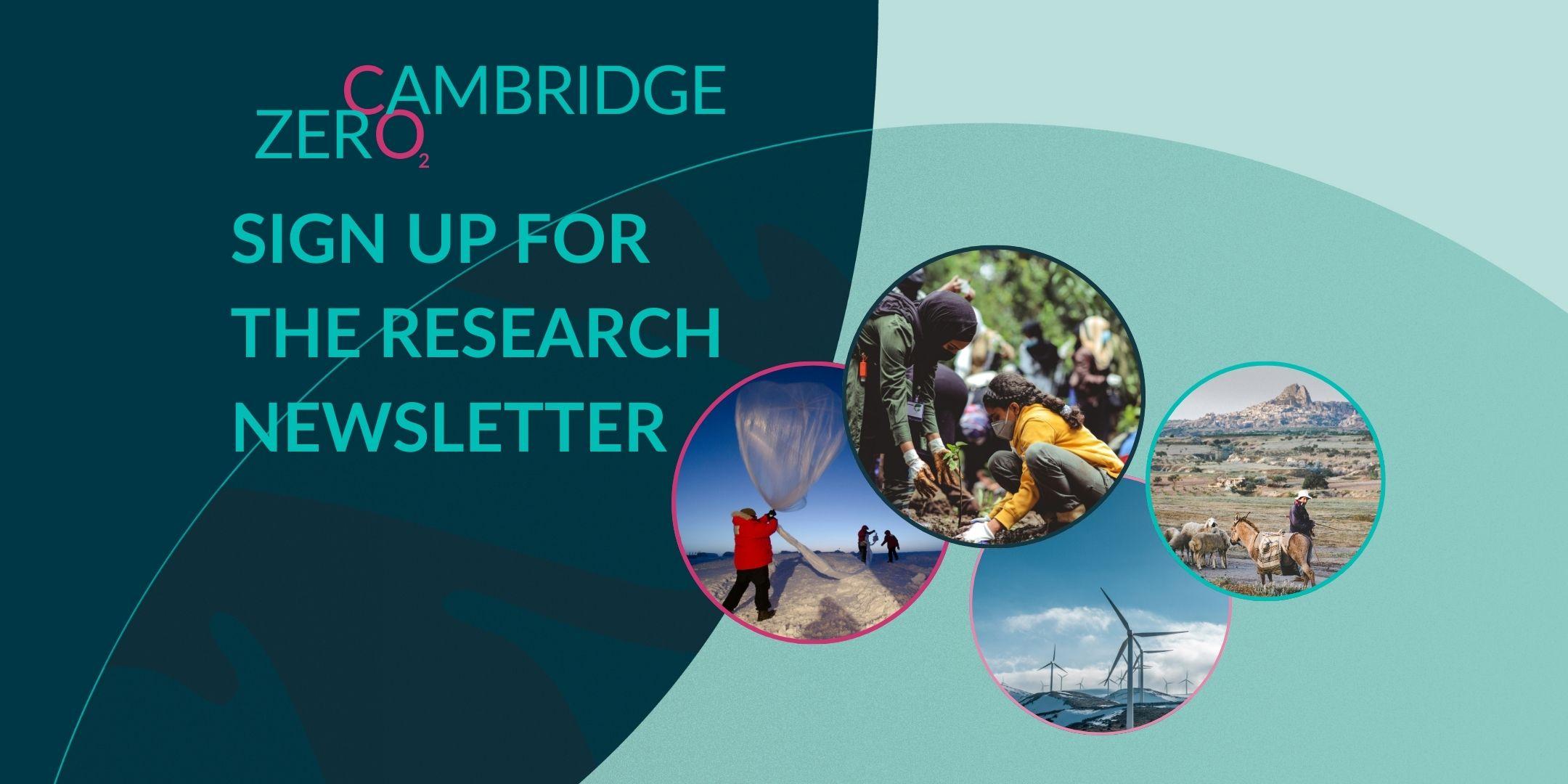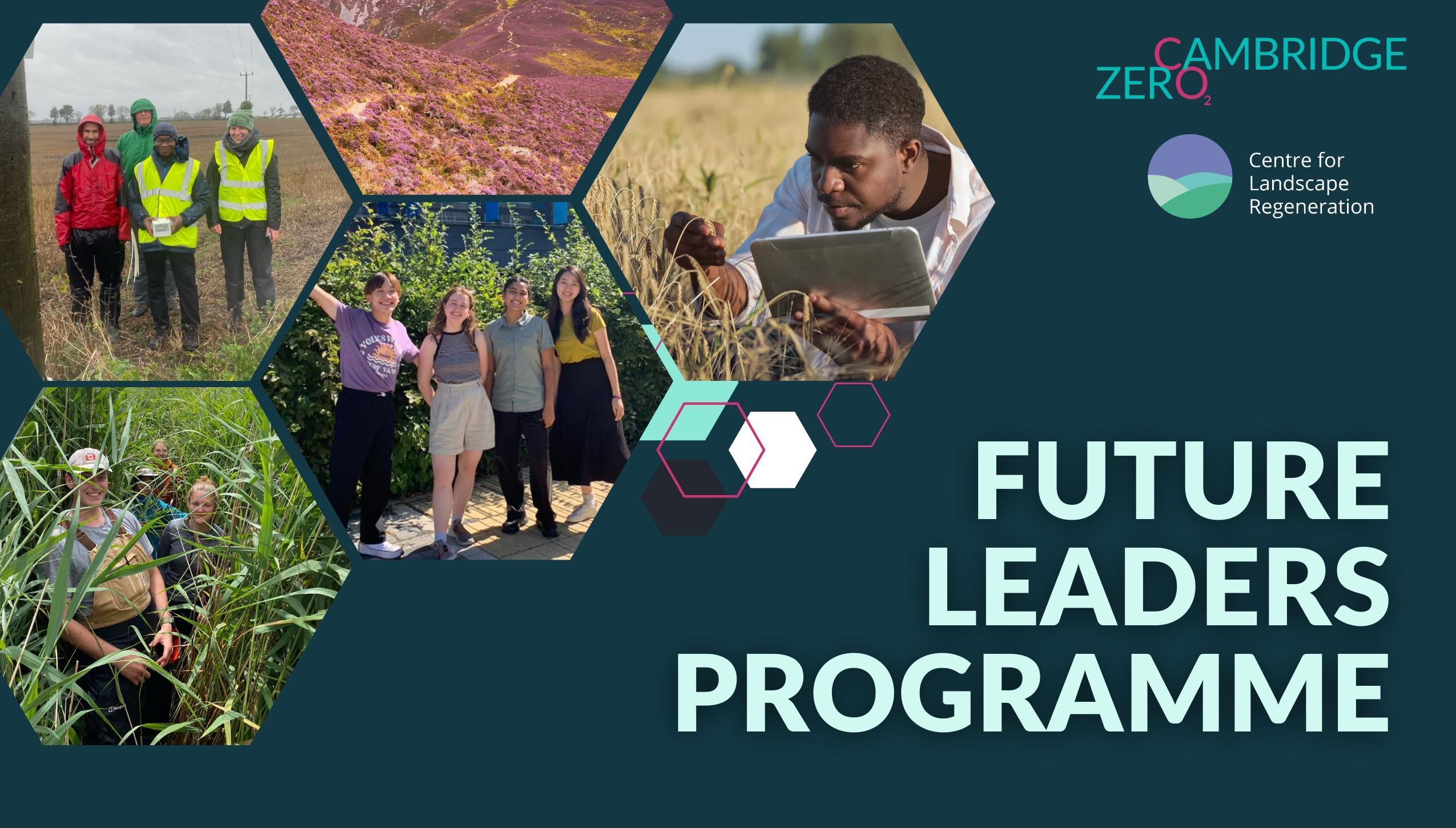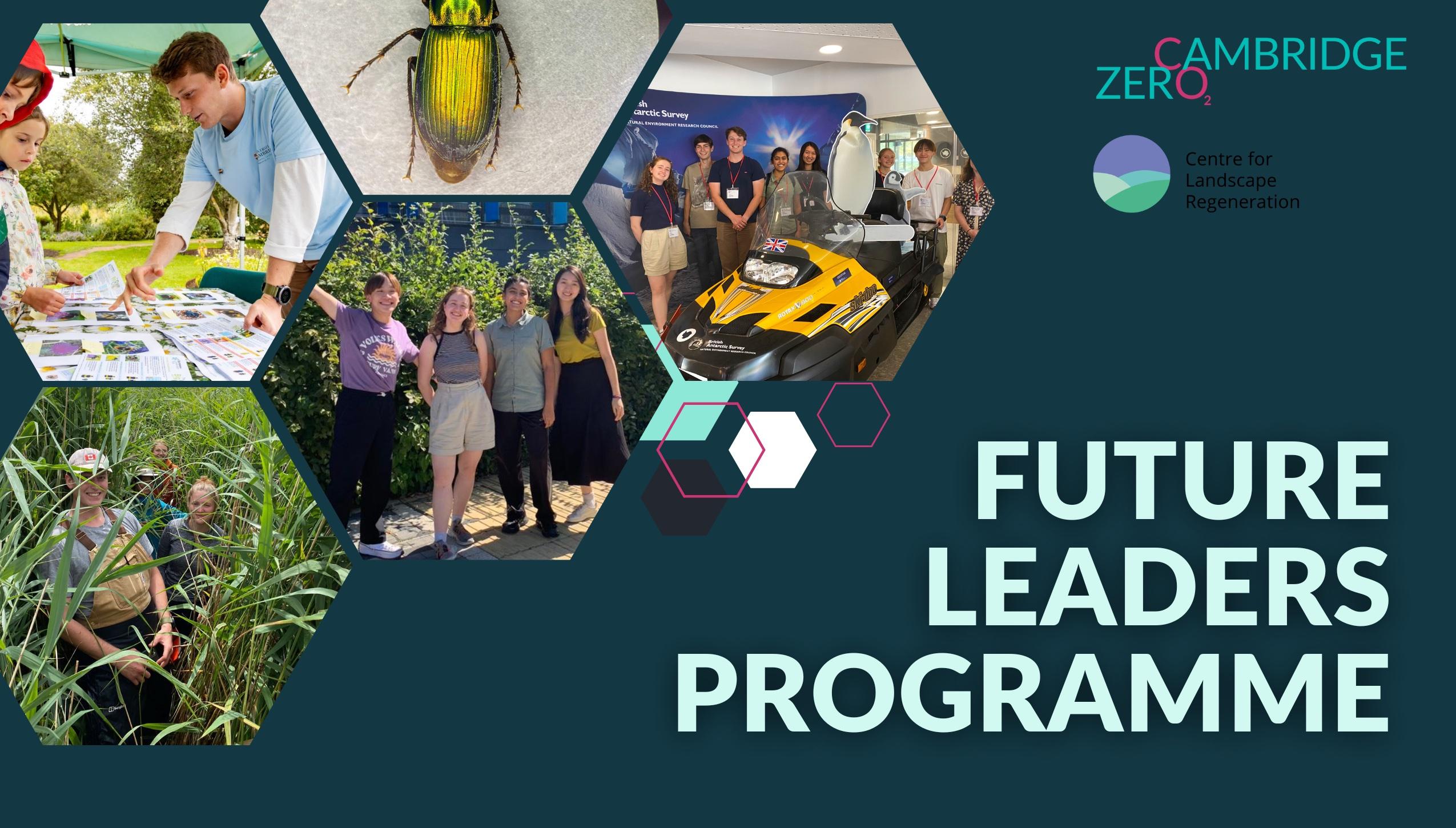As Cambridge Zero’s second climate change festival closes, we reflect back on the highlights, key points and stories which abounded from discussion on the road to COP26. Beginning on the 31st October 2021, those across the Cambridge community and their contacts further afield have been preparing for Glasgow’s seismic summit, the United Nation’s 26th international climate change conference. Cambridge Zero’s festival included speakers from across the world and their myriad of comments and positions did not shy away from revealing the complexity of the challenge that must be recognised and tackled in Glasgow. Discussion ranged from the specific opportunities alongside recognising the global context COP26 takes place in, and its place among other mechanisms to tackle the climate crisis.
Numerous festival discussions are available on demand and showcase COP26 relevant research and work carried out across Cambridge and its wider global community. Here we highlight three of the many available discussions and signpost other events occurring across the Cambridge community.
During the festival week, Cambridge Zero’s Research Symposium: Law and Policy shared Cambridge academic’s ground-breaking research supporting COP26. Two presentations of note considered how the Paris agreement (resultant from COP21) is being implemented, such exploration is foundational to prepare for COP26. Dr Markus Gehring showcased research from the Law faculty considering climate change’s consideration in trade agreements, particularly noting hopeful instances of the Paris Agreement (COP21) being implemented through high watermarks such as in the EU-UK trading co-operation agreement. Early career researcher Dr Natalie Jones also discussed her research which explored how the downscaling of fossil fuel production is being addressed in countries’ nationally determined contributions (NDCs) which are due to be renewed at COP26.
Dr Jones also took part in Cambridge Zero’s discussion asking ‘Can leaders turn Paris Ambition into Glasgow action at COP26?’. Formed by experts including Sir David King who was himself instrumental in the Paris Agreement, panelists discussed COP26’s leaders and negotiators’ opportunities for success. They principally focussed on: upscaling countries’ NDCs, a commitment to phasing out fossil fuels, finalising the Paris Agreement’s rulebook (in areas such as transparency), and securing finance from wealthier nations to help smaller nations adapt. Dr Joanna Depledge placed emphasis on managing expectations and COP26’s formal limitations, alongside other panelists drawing focus onto space for action and ambition outside official negotiating halls. Dr Jones highlighted the increasing importance of non-state actors, stating her expectation for large mobilisation of citizens on the streets of Glasgow. Likewise, though Dr Depledge emphasised the significance of COP26’s timing after Coronavirus, a new US president and updating of the NDCs, it is important to remember ‘in some ways we don’t need to wait for COP26 to be a success in order to take action’ and ‘what happens there is only one part of a policy and action puzzle’.
This sentiment was echoed across other festival events as numerous discussions grappled with the place of COP26 and similar international negotiations in a world increasingly fraught with instances of climate injustice. The festival’s opening panel, Women and Climate Change, discussed these issues head-on: Princess Esmerelda of Belgium notes at conferences like Glasgow, the unequal participation and representation of women’s voices and those from the global south and indigenous people. Alongside other panelists Erika Arteaga Cruz and Veronica ‘Derek’ Cabe, the speakers highlighted the inherent relationship between patriarchal, colonial, and capitalist power systems and their resultant impacts which both create and are exacerbated by the climate crisis, making women of colour in the global south experience the crisis’ brunt. Discussion explored not just a dearth in women’s participation in COP26 and similar events, but what it means to participate. Cabe stated ‘Participation is one thing, to be listened to is another thing, to be considered is another thing’ and Cruz suggested the issue is not just women’s participation in politics but creating a new way of doing politics which is more collective, caring and re-distributes power to create system change.
As such, the festival created space and awareness to consider COP26 as not just an event within the blue or green zone, but acted out on the streets of Glasgow, and an event expansively occurring and impacting those globally, many of whom may be unable to attend due to the pandemic or deeper barriers of finance and privilege. Cabe stated their inability to attend the conference, and this point was picked up by Emma Howard Boyd in the William Pitt 2021 Seminar (‘What should come from COP26?’) who highlighted some women who should be at COP26 will not be there, citing as examples two commissioners on adaptation unable to travel due either to the cost or the desire not to be vaccinated ahead of those in greater need. Alongside speaking about the crucial need for female inclusion and leadership, Howard Boyd also emphasised the pressing need for climate adaptation and finance, and for tougher regulations and sanctions.
The focus on climate justice for COP26 arose across the festival’s events and is reflected by the exciting and thought-provoking discussions which wrestled with the complexity and global intersections which must be considered when discussing the climate crisis at COP26.
To help prepare yourself for COP26, follow the article links and those listed below to explore relevant climate change festival events:
- Inspiring individual and collective action to engage with Cop26 and support positive outcomes.
- Climate Repair for Whom? Voices on climate change needs and experiences from climate vulnerable regions.
- Futures We Want - visions of a feasible, desirable, and resilient net zero future.
- Green Week: COP26 at Wolfson 18-24 October
- Sharing local solutions, inspiring global action in the year of COP26



